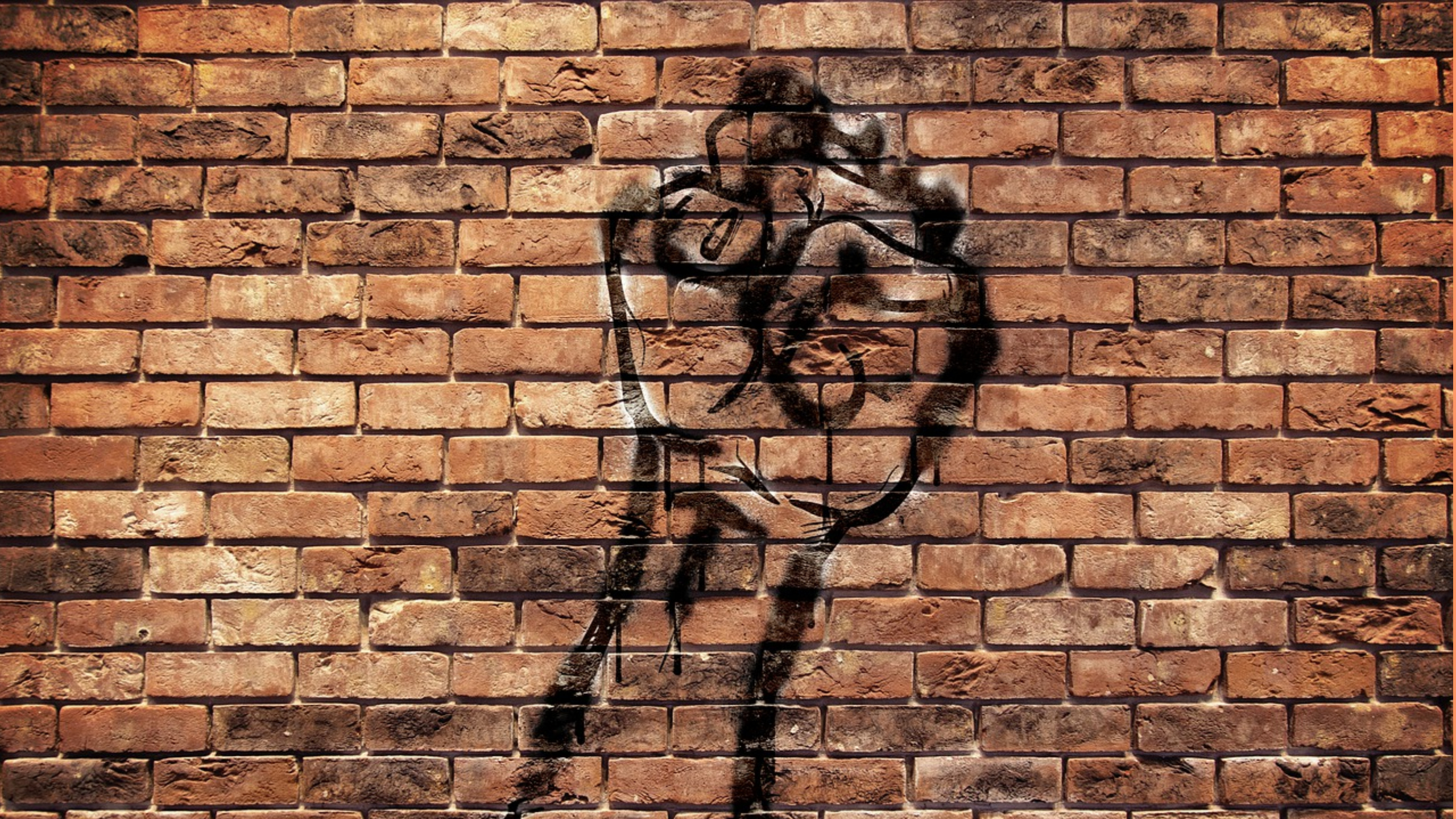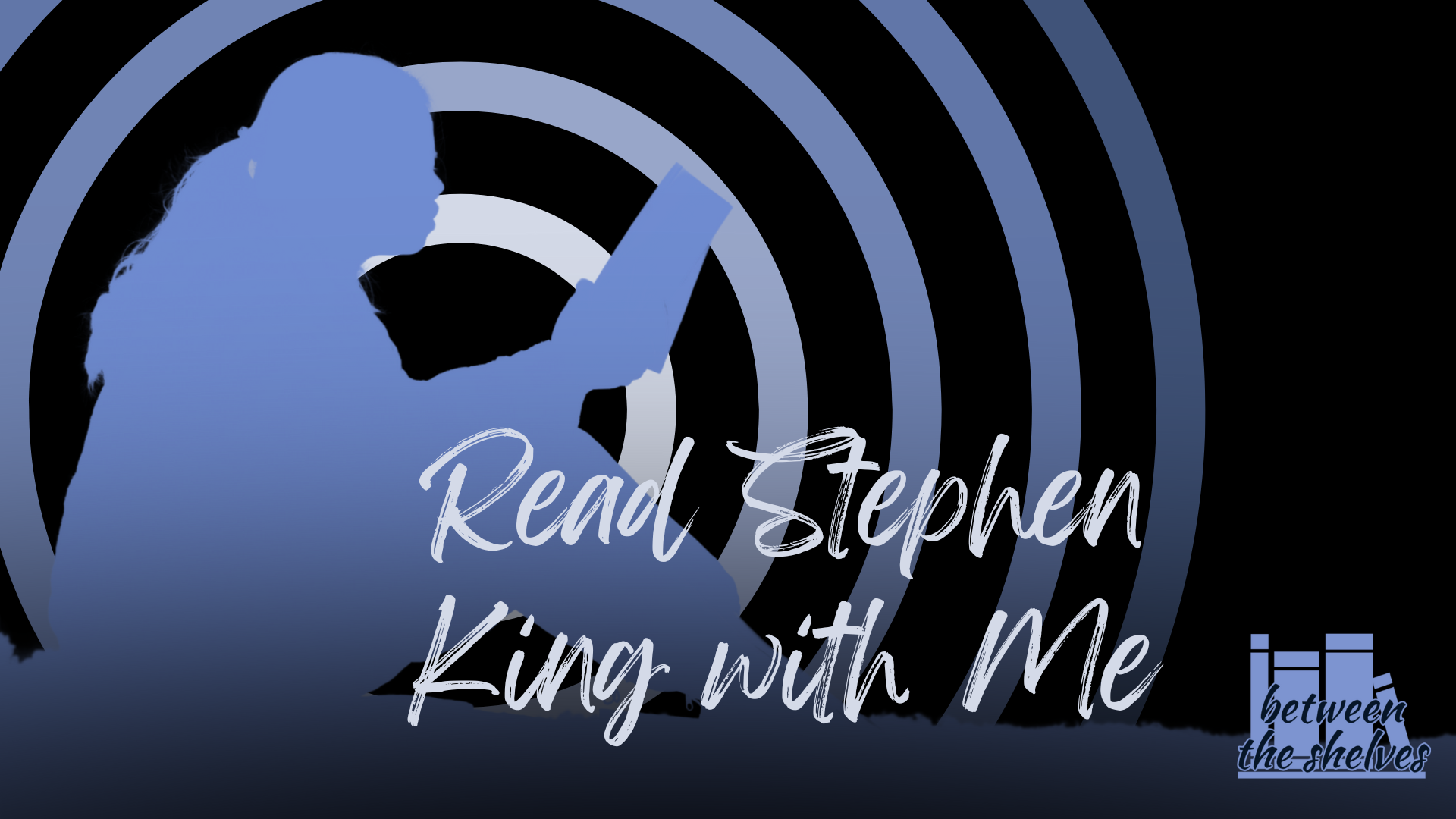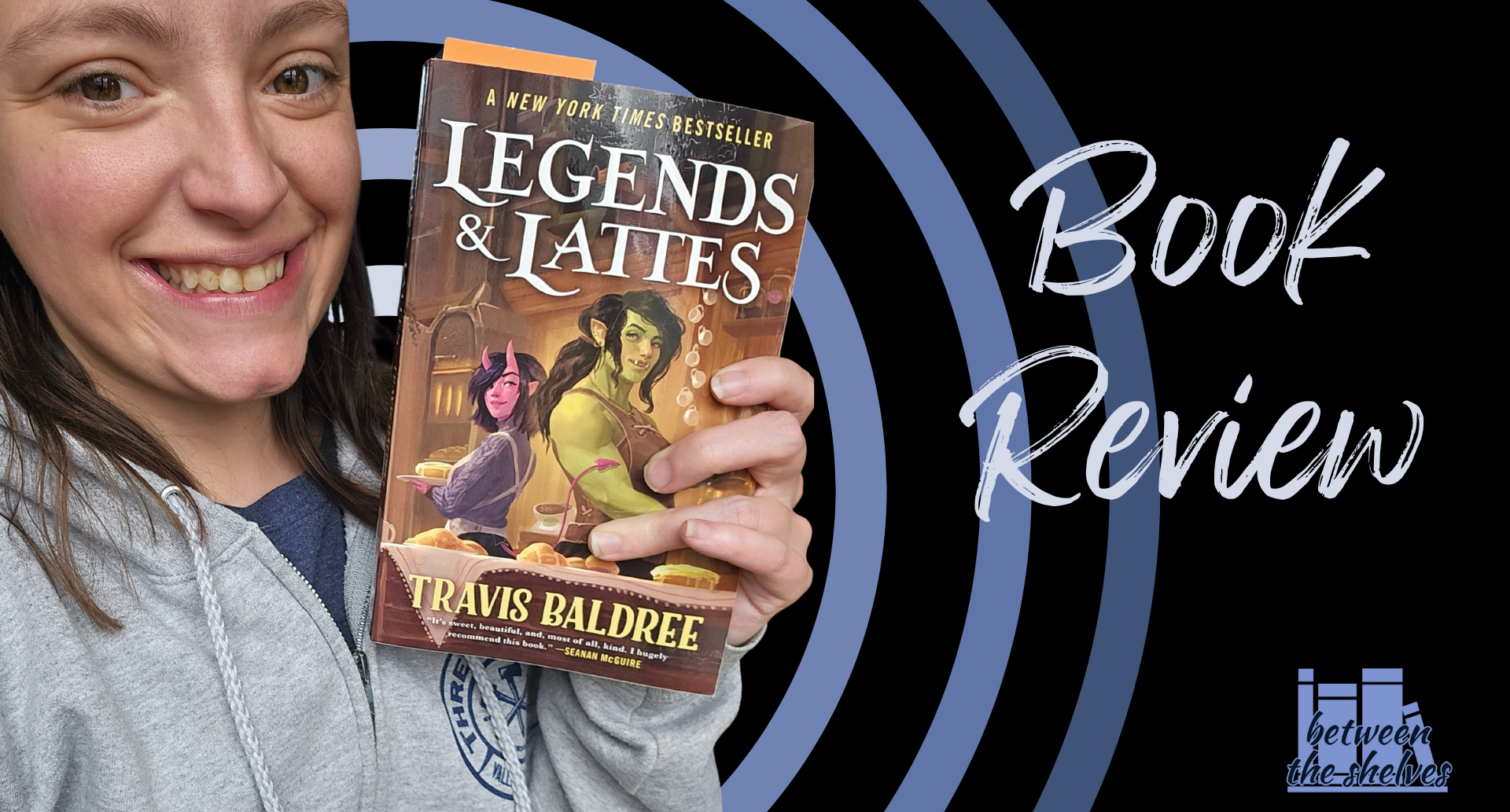Black Lives Matter, which began in the aftermath of Ferguson, reverberated across the nation and the world with a vengeance after the murder of George Floyd by Minneapolis police. Self-education was one of the biggest calls earlier this summer, and Black Lives Matter reading recommendations and book lists spread across social media and major news outlets.
Before we can be effective activists, we must educate ourselves about the current issues at hand in all its complexities and horrifying histories. Allies need to be able to better understand and change from within in order to produce any real change in the world.
“If you are neutral in situations of injustice, then you have chosen the side of the oppressor.”
-Desmond Tutu
However, as we move farther and farther away from May 25th, as we pass Juneteenth, as the media begins to report on the latest news events, it is important to not let the urgency of BLM fall away.

We have a long way to go as a country and we need to remember why this change needs to happen now. And these books, which will not only help inform us all of the systemic issues and offer suggestions for reform, it will make us angry. And anger is needed to keep this movement alive.
Along with my own recommendations, I’ve asked friends, coworkers, and fellow graduate students what books they have read relating to Black Lives Matter and racial injustice that has been most impactful to them. This list is by no means exhaustive and could easily be ten times as long. I included mostly new publications with a few older titles that are now more important than ever.
**We Read Each And Every Book We Review Thoroughly And Only Give Top Place To The Books That Deserve It; We Offer Honest Reviews. We Are Independently Owned And The Opinions Expressed In Our Posts Are Our Own. We Do Receive Compensation From The Links Found In This Article.**
When They Call You a Terrorist: A Black Lives Matter Memoir
Asha Bandele and Patrisse Cullors
To start of this reading list, this memoir is written by Patrisse Khan-Cullors and asha bandele, two leaders of the Black Lives Matter movement. This memoir explores how these women, who were fighting for the rights of Black lives to be recognized as valuable, were labeled threats to America, even being called terrorists. When They Call You a Terrorist follows these two women growing up surrounded by racial injustice and their journey to become involved in the fight against racism.
The New Jim Crow: Mass Incarceration in the Age of Colorblindness
Michelle Alexander
Written ten years ago, The New Jim Crow is more timely than ever in the wake of George Floyd, Breonna Taylor, and many other Black people killed by police this year alone. Michelle Alexander details how, after the end of the Jim Crow era, Black Americans continued to be second-class citizens through the expansion of the prison system. The New Jim Crow explores how our tainted justice system, stemming from the Reconstruction era and facilitated by the War on Drugs, led to Mass Incarceration of Black people within America.
From #BlackLivesMatter to Black Liberation
Keeanga-Yahmatta Taylor
From #BlackLivesMatter to Black Liberation places the Black Lives Matter movement within the broader context of Black American history. Taylor explores how structural inequality persists in Black communities today. Written after the death of Michael Brown and the initial creation of #BlackLivesMater, Taylor offers a hopeful look towards the future; how the current struggle against police brutality could lead towards a new demand for Black liberation.
They Can’t Kill Us All: Ferguson, Baltimore, and a New Era in America’s Racial Justice Movement
Wesley Lowery
Written in the wake of Baltimore and Ferguson, They Can’t Kill Us All examines the history of how police antagonism towards Black people has effected these communities and their quality of life. Lowery interviews family members who lost loved ones to police violence, including Michael Brown’s, to understand not only the impact of police violence but what their deaths mean to America as a whole. Lowery explores how America has failed to protect Black lives and why this failure to provide security and opportunities continues to pervade our nation.
Between the World and Me
Ta-Nehisi Coates
A poignant and heart-wrenching reflection on the Black experience in America, Between the World and Me is a letter from Coates to his teenage son. Coates details his personal history of growing up in Baltimore as well as America’s larger history of racial injustice. In his letter, Coates describes to his son how racist violence has been a part of American culture from the beginning. Blending autobiographical and historical information, the personal and political, Coates offers a unique narrative to Black studies that reasserts the importance of understanding how our current world is inexplicably linked to the past.
The Fire Next Time
James Baldwin
The monumental Black gay activist and writer James Baldwin is a must for antiracist readers. The Fire Next Time is often included on Black Lives Matter reading lists for good reasons, despite being written nearly sixty years ago in 1963. Written in the form of two letters, Baldwin offers a private account of growing up in Harlem and living in a country where Black people are not valued. Baldwin expresses anger towards the racial injustices of 1960s America that sounds eerily similar to today. Baldwin urges all Americans to actively attack America’s history and legacy of racism, a call that will inspire modern readers to respond.
Invisible No More: Police Violence Against Black Women and Women of Color
Andrea J. Ritchie
Invisible No More offers startling insight into how Black women and women of color are disproportionally victims of police violence. Attorney Andrea J. Ritchie uses stories from specific women, historical research, and statistics to examine how Black women, Indigenous women, women of color, and transgender people face unique challenges from law enforcement. This book offers an intersectional lens to the Black Lives Matter movement, of how sexuality and gender play an important part in these people’s experiences with police brutality, racial profiling, and mass incarceration. Ritchie urges us to rethink what safety for women of color and queer people means in America and challenges us to learn about those often ignored in discussions surrounding police violence.
The End of Policing
Alex S. Vitale
The End of Policing helps explain the how and the why of defunding the police. Written in 2017, this book is as timely as ever as defunding the police is beginning to enter the popular discourse. There are a lot of misunderstandings and confusion surrounding this movement. Alex S. Vitale explains how the modern police system originates from horrifying histories of the need for social control. The book describes the dangers of the current policing system as well as the ineffectiveness of contemporary police reform. Vitale argues that the increase of police contradicts empowering the community and promoting social justice. He offers how policing alternatives that include legalization, restorative justice, and reducing harm can help lead to a safer, more equitable public. The End of Policing provides insight on the need for police abolition.
Are Prisons Obsolete?
Angela Y. Davis
Written in 2003, Black Activist and Professor Angela Y. Davis argues for the abolition of prisons, a call that has gained more attention nearly twenty years later. She describes the problematic racist history that led to our current prison system, which is undeniably lucrative for large corporations and disproportionally affects Black people. Davis expertly describes the growing futility and antiquatedness of our current prison system, exploring how the American penal system can change.
How to Be an Antiracist
Ibram X. Kendi
Kendi’s already-popular book increased in sales after the murder of George Floyd. How to Be an Antiracist examines the intersectionality and history of racism in America and beyond. The book describes the evolution of racial science used to justify the oppression of non-white peoples as well as the experience of internalized racism that continues in Black lives today. Interweaving historical and contemporary stories with his own experiences, Kendi offers strategies for how to be both an antiracist individual as well as how to implement antiracist change in our systems.
A More Beautiful and Terrible History
Jeanne Theoharis
Theoharis’s award-winning book describes how civil rights movement is falsely represented through whitewashing that separates this historical movement from the present. A More Beautiful and Terrible History offers a more complex history of the civil rights movement, both adding to the resiliency and atrocities Black activists faced. Theoharis explains how the civil rights movement, which is seen as a successful end of the story, is only the beginning of a centuries-long fight for black freedom.
Just Mercy: A Story of Justice and Redemption
Bryan Stevenson
A best-seller and now a major picture with Michael B. Jordan, Just Mercy challenges the view of justice and the corruption of our legal system in America. Lawyer Bryan Stevenson details his experience founding the Equal Justice Initiative and his case defending Walter McMillon, a young man who claimed innocence. Through Stevenson’s recollection and reflection on his experience defending those marginalized within the legal system, he inspires readers to consider the importance of mercy within America’s justice system.
White Fragility: Why It’s So Hard for White People to Talk about Racism
Robin DiAngelo
Robin DiAngelo’s book on racism in America received a lot of recognition since its publication in 2018. Coining the term “white fragility,” DiAngelo describes how racism is often unintentional and more pervasive than white people care to admit. She encourages looking at how racism is deeply rooted within our culture and dissuades from the view that only those labeled “bad” people experience racial biases. This book is required reading for white people seeking to be allies and to better understand the BLM movement. White Fragility challenges white people to reflect on their own prejudices and offers all readers a deeper look into how white people in America continue to struggle with racism and the discomfort of discussing race.
The Color of Law: A Forgotten History of How Our Government Segregated America
Richard Rothstein
To better understand the segregation of neighborhoods and schools that exist today, and how that leads to disproportionate resources and levels of police violence, we included Rothstein’s The Color of Law on our list. Rothstein explains how the US government, including federal, state, and local, systematically reinforced and contributed to the rise of housing segregation in our country. The Color of Law challenges the notion that segregation of neighborhoods was unintentional and economically-driven by describing purposeful measures such as providing tax exemptions for segregated organizations and subsidizing builders or white-only housing. Rothstein also describes the long history of violence toward Black people in White neighborhoods.

This list is only the beginning of resources on understanding the what, why, and how of racial injustice against Black Americans. These books listed urge us to examine ourselves and the world around us. They encourage us to see Black Lives Matter not as an isolated movement but as a continuation of the fight for justice that has been occurring since before America’s founding. We hope you enjoy these books! Comment below if you have any to recommend that we missed.


